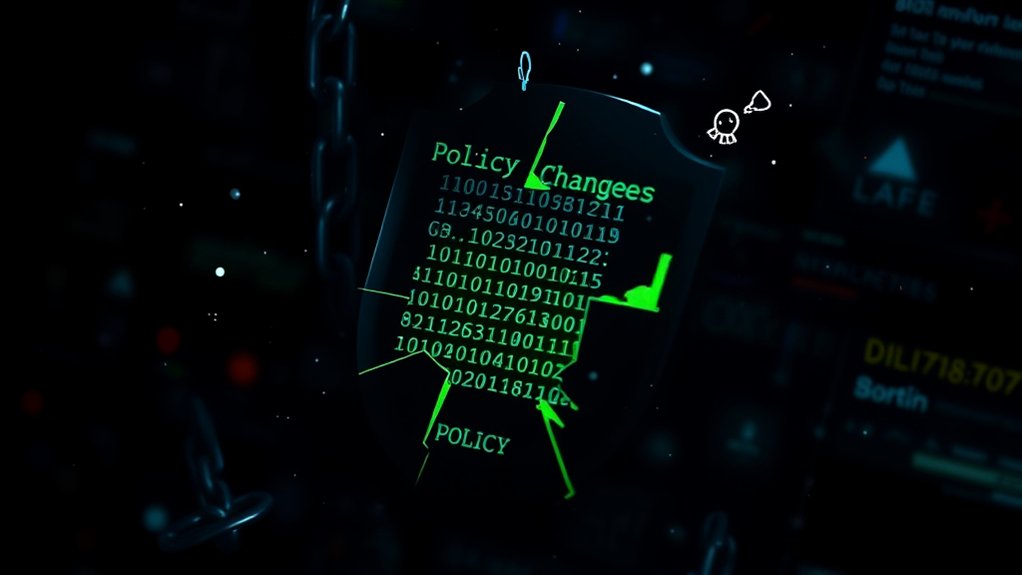Considering the recent cyber breach involving Opexus, a federal software contractor, the vulnerabilities inherent in the government’s cybersecurity framework have come under intense scrutiny. This incident, marked by the actions of twin brothers Muneeb and Suhaib Akhter—previously convicted hackers—led to the destruction of over 30 databases, resulting in the permanent loss of more than 1,800 files related to critical government projects. Such breaches expose the deep vulnerabilities present within federal contractors, who have historically lacked stringent cybersecurity vulnerability disclosure programs compared to federal agencies. Zero-day vulnerabilities pose an especially grave threat to government systems, as they can be exploited before security teams are even aware of their existence.
The ramifications of this breach are far-reaching. Key software systems processing sensitive government records faced outages, highlighting the operational inefficiency that can arise from cybersecurity incidents. The FBI and multiple federal agencies are currently investigating the incident, aiming to reveal the full extent of the damage and hold accountable those responsible for this egregious attack. The incident is emblematic of a broader pattern, as federal contractors increasingly become prime targets in the escalating arena of cyber threats. Opexus serves over 100,000 government users, illustrating the significant impact this breach has on national security. To mitigate similar risks, federal contractors will need to adopt Vulnerability Disclosure Programs (VDPs), as proposed in upcoming legislation.
In response to these challenges, recent legislative efforts such as the Federal Contractor Cybersecurity Vulnerability Reduction Act (H.R. 872) have been introduced. This bill mandates that contracts exceeding a certain threshold implement extensive vulnerability disclosure policies, reflecting a significant shift towards enhancing cybersecurity measures in federal contracting.
Analysts note that aligning contractor cybersecurity practices with those of federal entities is now more important than ever. Bipartisan support for this legislation indicates a growing acknowledgment of the cybersecurity threats posed by state-affiliated actors, such as hackers from China and Russia.
As the act progresses through Congress, it aims to close key gaps by insisting on formal vulnerability reporting requirements that contractors previously avoided. The requirement for timely reporting and mitigation measures is expected to encourage a proactive approach to identifying security flaws, which is vital in preventing future incidents like that of Opexus.
Consequently, the environment of federal contractor cybersecurity is on the verge of significant transformation, shaped by regulatory advancements and urgent calls for accountability.









